
The Relationship Between Succulents and Philosophy Across Ages

Introduction
Succulents have become increasingly popular in recent years, garnering attention for their unique appearance and low-maintenance nature. However, their significance stretches far beyond mere aesthetics or sound gardening practice. Across various cultures and civilizations, succulents have often been intertwined with philosophical concepts, symbolizing resilience, survival, and the beauty of simplicity. This article explores the rich relationship between succulents and philosophy, examining how these plants have transcended their botanical identity to represent profound philosophical ideas through the ages.
This article delves into the historical contexts, cultural significances, and philosophical implications surrounding succulents. We will explore how these resilient plants have been interpreted by various philosophical schools of thought, the symbolic meanings they have held in different cultures, and how they promote a mindset conducive to well-being and mindfulness. By analyzing these aspects, we aim to illustrate the deep-seated connections between the natural world and human thought.
The Historical Context of Succulents in Philosophy
Throughout history, succulents have been present in human culture for thousands of years, serving both practical and symbolic roles. Early civilizations, such as those in Egypt and Mesopotamia, recognized the utility of these hardy plants for their ability to retain moisture and thrive in arid conditions. This practicality did not go unnoticed by philosophers of the time, who drew parallels between the resilience of succulents and the adaptability required for human survival. Ancient philosophers, especially Stoics, emphasized the value of resilience and fortitude, mirroring how succulents withstand harsh environments while still showcasing beauty.
In various ancient texts, succulents appeared as metaphors for enduring life philosophies. For instance, in ancient Greek philosophy, the concept of Eudaimonia—the idea that one must live in accordance with their true nature to achieve happiness—was often compared to the life of a succulent. Just as succulents flourish when conditions align with their inherent qualities, humans, too, prosper when living authentically. This historical connection sets the stage for understanding how these plants not only shaped aesthetic practices but also held deep philosophical importance through time.
Another fascinating aspect is how different cultures utilized succulents as a reflection of their spiritual beliefs. In Native American traditions, for instance, succulents like Aloe Vera and Agave were revered for their healing properties and often associated with medical and spiritual practices. This represents a broader theme wherein plants serve as conduits for human understanding and philosophical contemplation. By observing the various roles succulents occupied across cultures, we can appreciate their contributions to the development of philosophical thought that emphasizes interconnectedness between nature and humanity.
Succulents and Symbolism in Different Cultures
Succulents have served as potent symbols across various cultures, their meanings evolving through shared human experience. In Japanese culture, for example, the Echeveria is associated with positive qualities such as love, beauty, and protection. This plant is often used in traditional ceremonies to symbolize enduring love and fidelity. Such symbolism conveys a philosophical understanding of love that transcends mere sentiment, asserting that lasting bonds require cultivation and resilience, much like caring for a succulent.
In contrast, the cultural symbolisms surrounding succulents in Mexican culture are steeped in a rich history of tradition and respect for the natural world. The cactus, a prominent succulent, is often representative of strength derived from survival in harsh conditions, mirroring the resilience of the Mexican spirit throughout history. This relationship between succulents and cultural identity highlights a philosophical stance of embracing hardship and using it as a source of strength and character. The cactus represents the ability to bloom in adversity, suggesting that true beauty and strength emerge from life's struggles.
 Ancient Cultures and Their Relationship with Succulent Plants
Ancient Cultures and Their Relationship with Succulent PlantsMoving further into modern Western philosophy, succulents have come to represent minimalism and sustainability. Many contemporary philosophers advocate for a lifestyle that emphasizes simplicity and an intimate relationship with nature. The act of nurturing succulents at home can be seen as a microcosm of larger philosophical ideals: consuming less, appreciating the moment, and cultivating mindfulness. Various philosophical readings, such as those aligned with existentialism, suggest that by caring for something as simple as a plant, one may engage in a process of self-reflection and find personal meaning amid life’s inherent chaos.
Philosophical Implications of Caring for Succulents
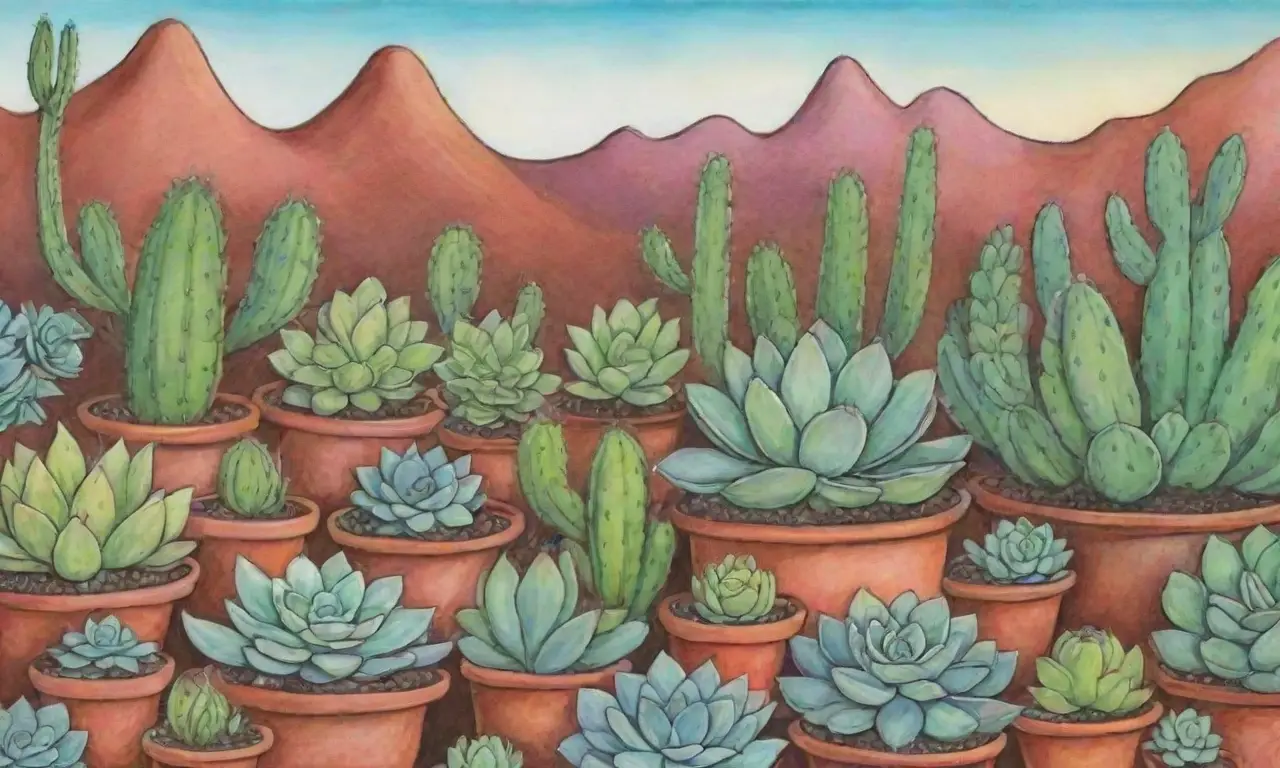
Caring for succulents offers philosophical implications that encourage mindfulness and self-awareness. Engaging with plants invites individuals to calibrate their attention to the present moment, fostering a form of mindfulness practice. This concept aligns with various philosophical schools, notably Buddhism, which advocates for living in the present and appreciating the interconnectedness of all life. Cultivating succulents serves as an act of patience; it reminds caretakers to embrace the slow, gradual process of growth, mirroring life's journey, where meaningful progress often unfolds incrementally.
Furthermore, succulents epitomize the principle of interdependence—a fundamental aspect of many philosophical frameworks. Phenomena do not exist in isolation; rather, they are part of a broader ecosystem interacting with one another. Similarly, caring for succulents urges cultivators to recognize their interconnectedness with nature. This serves as a reminder that human existence and nature's existence are inextricably linked, promoting a sense of responsibility and stewardship over the environment. Adopting such philosophical standpoints encourages a sustainable mindset, leading to ethical interactions with our surroundings.
The cultivation of succulents also invites philosophical contemplation on impermanence and change. As succulents grow, they adapt to their environment, shedding leaves and altering forms. These natural processes reflect wider truths about existence, emphasizing that change is an ever-present aspect of life. Many philosophical traditions, including Heraclitus’s doctrine of flux, resonate with the understanding that stability is an illusion, and existence is defined by transformation. In this sense, nurturing succulents can become a metaphorical practice for accepting and adapting to life’s inevitable fluctuations, fostering resilience and an open-hearted attitude toward change.
The Role of Succulents in Contemporary Philosophy
In today's ever-changing world, succulents embody a contemporary philosophical discourse around environmental sustainability and mindful living. The rise of the minimalism movement encourages individuals to rethink consumption patterns and cherish simplicity, aligning closely with the appeal of succulents. These plants, often associated with stylish décor, invite deeper conversations about what it means to live intentionally and sustainably in a consumer-driven society that values excess.
Additionally, as urbanization rises and green spaces decline, many urban dwellers are turning to succulents to bring nature into their homes. This reflects a yearning to reconnect with the natural world, amplifying themes present in eco-philosophy, which underscores the intrinsic connection between humans and their environment. Succulents, therefore, serve as gentle reminders of the importance of nurturing our ecological identity and embracing sustainable practices for future generations.
 Deep Dive into Succulent Adaptations: A Historical Perspective
Deep Dive into Succulent Adaptations: A Historical PerspectiveMoreover, the contemporary trend of “plant parenting” illustrates how philosophy is often rooted in a desire for care, nurture, and connection—even if it's expressed through the cultivation of plants. This movement encapsulates an ideal that includes valuing relationships, patience, and the act of growth. By bringing succulents into our lives, we engage in a practice that reflects broader philosophical values rooted in care for both ourselves and our environment.
Conclusion
The relationship between succulents and philosophy across ages reveals a rich tapestry of thought. These plants have offered profound insights into human nature, resilience, and our interconnected relationship with the environment. As we explored the historical context, cultural symbolisms, and philosophical implications of caring for succulents, it became evident that these hardy plants symbolize much more than mere decoration—they embody valuable life lessons and philosophical ideals that have transcended time.
In various traditions, succulents serve as symbols of enduring love, strength amid adversity, and a tool for cultivating mindfulness. They remind us that simplicity often leads to deeper reflections on life and well-being. In a fast-paced, modern world, succulents offer opportunities to reconnect with nature and embrace a more sustainable, thoughtful way of living.
Ultimately, engaging with succulents invites individuals to appreciate life's fragility and resilience, motivating a proactive approach to nurturing both our plants and ourselves. The relationship between succulents and philosophy, thus, represents a timeless journey, encouraging deep reflection and inviting individuals to cultivate a more profound understanding of the world and their place within it. Whether in a garden or on a windowsill, the impact of succulents continues to grow, reminding us of the myriad ways nature can inspire wisdom in our philosophical pursuits.
If you want to read more articles similar to The Relationship Between Succulents and Philosophy Across Ages, you can visit the Succulent history category.

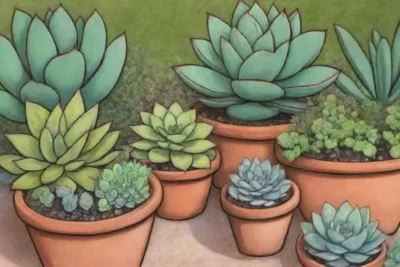
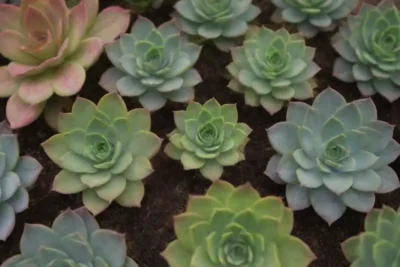
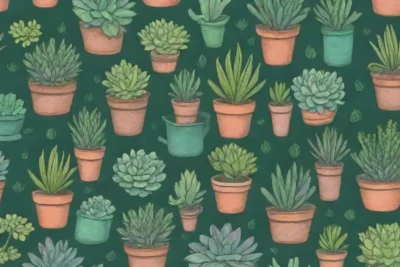
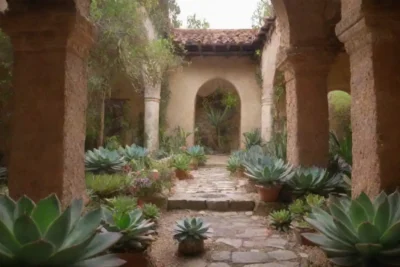
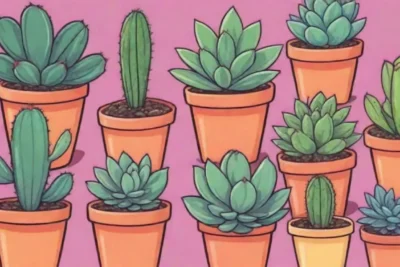
You Must Read